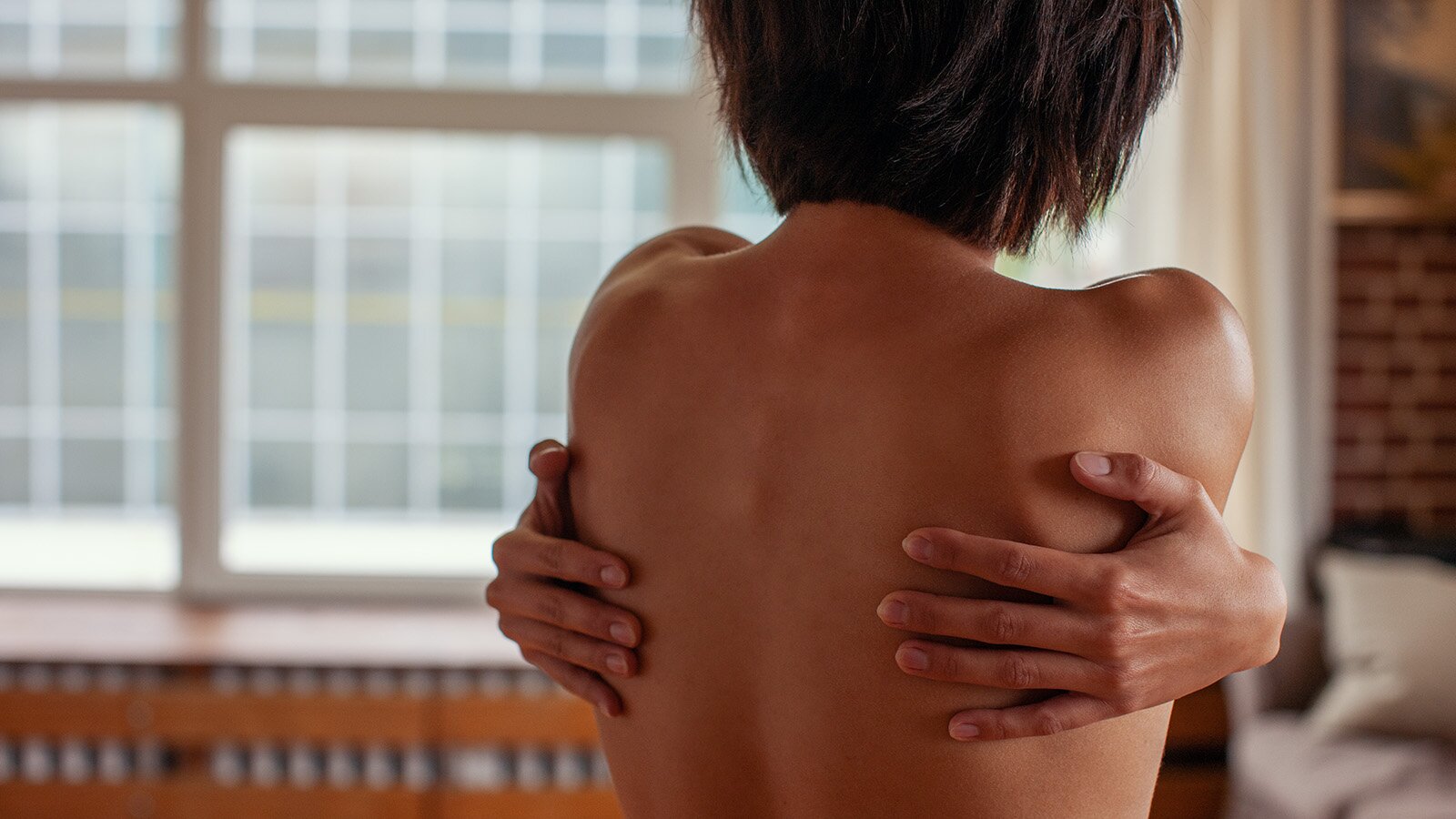For many years I have given my gut feeling a lot of space in my decisions. I am a very rational person and, above all, I am thinking too much when working on concepts (you could call it professional, too). Trusting a gut feeling sounded unprofessional to me. But over the years I have learned how good it is to trust your instinct, because I don't take product photos, but work with human beings.
For example, if something feels strange in the initial communication with a model, via email or on Instagram, then that's a sign. And often in the meantime, I decide to trust this feeling. Every photographer will know stories of models who didn't look like the ones in the photos in their portfolio. Or has experienced sudden deaths of grandmothers and serious car accidents that occurred immediately before an agreed shoot.
Since I've listened to my gut feeling — knock on wood — this has not happened again. Since 2012 these excuses have disappeared and that's why I gained trust in listening to this intuition.
(ɡʌt ˈfiːlɪŋ)
an instinctive feeling, as opposed to an opinion based on facts

As I wrote in my introduction, it's not just about model scouting. It affects all areas. And a particularly important area is the selection of images. Especially now in times of the pandemic, when I have no other option but to look through old photos (so-called outtakes) and see if I can still make something out of the old pictures, I often catch myself thinking that I have discovered a jewel, only to find out shortly afterwards that it was actually just the hope of having found a very good visual and that there was in fact a reason why the picture had ended up in the trash can, years ago.
The gut feeling is a bit like the spoilsport, the devil on your shoulder. But it is an important antipole that keeps you from making wrong decisions or getting lost.
When I produce a photo series and put together a number of images, I have certain emotions looking at those images. Understanding that the viewer will have certain emotions, too, explains why listening to your gut feeling is important. This may all sound like hocus-pocus, and to be honest, I am not a spiritual or superstitious person, but the gut instinct is something else.
